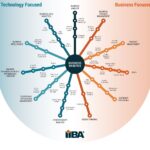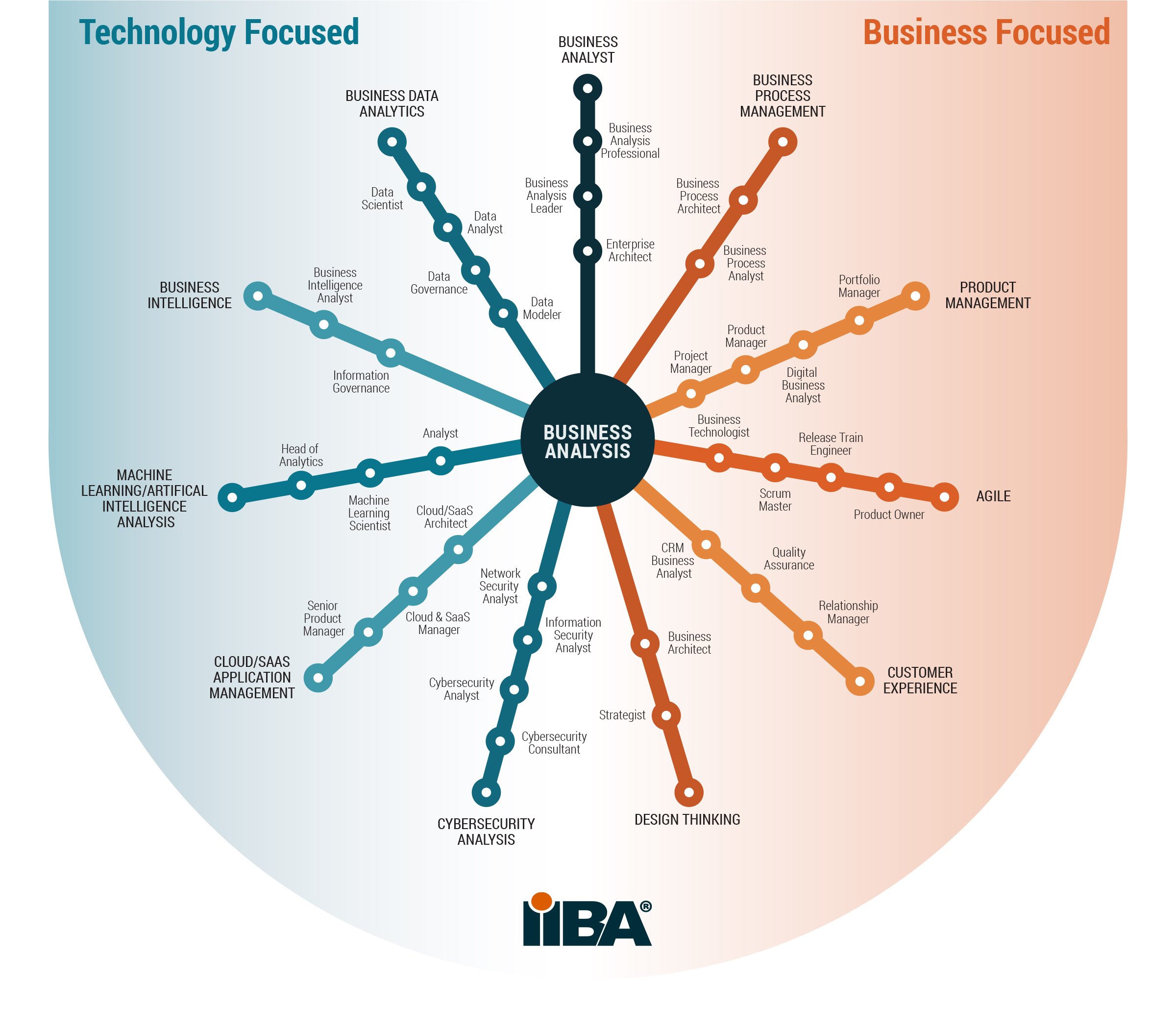Business Analysis as a practice has gained lots of awareness and adoption over the last two decades. However, there are still ongoing conversations as to what a “Business Analyst” does. Is it a profession, a skill, or a combination of tasks and best practices? As John Ojurabesa rightly puts it in his blog post “THE PROVERBIAL ELEPHANT” the answer to this question can be all three and more.
What is Business Analysis?
Irrespective of the definition you curate or adopt for Business Analysis, a simple definition that remains valid and provides a broader perspective to answer the question above is; Business Analysis is a practice that enables change and delivers values to businesses and stakeholders. Simply put, business analysis helps businesses do business better.
The IIBA (International Institute of Business Analysis) defined Business Analysis in the Business Analysis Body of Knowledge (BABOK® Guide), as the practice of enabling change in an organizational context, by defining needs and recommending solutions that deliver value to stakeholders. The set of tasks and techniques that are used to perform business analysis are defined in the BABOK® Guide.
As a business analyst and a BA coach and trainer, the most insightful explanation for what business analysis means was well captured in an article written by John Ojurabesa (the founder and managing partner of BNET Learning article “BUSINESS ANALYSIS – THE PROVERBIAL ELEPHANT”
The Business Analyst
With respect to the definition of business analysis, it is common sense to conclude that the Business Analyst is a Change Agent. Business Analysis as a practice is a broad spectrum that spans multiple professional domains. Therefore, it is absolutely normal for business analysis practitioners to have different job titles based on their chosen career path.
Some of the very popular job titles are business systems analyst, systems analyst, requirements engineer, process analyst, product manager, product owner, enterprise analyst, business architect, management consultant, business intelligence analyst, data scientist, and more.
Business Analysis practice as we know is changing fast. As digital strategies evolve on a global scale, the traditional roles and expectations for business analysts are also evolving from “requirements experts” providing enterprise solutions to business problems into “digital natives” driving enterprise change and enabling co-creation of value-driven solutions for optimized business outcomes.
This leads me to the ultimate question:
How can BA professionals stay relevant (evolve, adapt and succeed) in the face of the Digital Transformation wave?
Businesses and technology are evolving at an unprecedented pace and becoming integral to how we work and live. The BA professional must also evolve and adapt to these changes in order to remain relevant and valuable to our stakeholders and organizations where we enable change.
The future of work with respect to The New Way of Working (nWOW) calls for a game-changing approach “a shift mindset” as professionals (BAs inclusive) and organizations must re-imagine traditional and operational methods that serve them well over decades, and consider the current interplay of workspace, technology, and culture to survive in this era of digital disruption.

Continuing Evolution of Business Analysis by IIBA
The picture above depicts best practices and specializations relevant to business analysis in today’s transformative world. According to IIBA, It is evident that “the evolution of business analysis professionals into expanding roles depends on a combination of digital skills, business acumen, and targeted knowledge to drive better business outcomes across all industries”.
To remain relevant and valuable, BA professionals must continue to learn and improve on the following essential competencies focused on either Business or Technology.
Technology Focused;
In the face of digital disruption, business analysts are required to evolve their competencies using the Proficiency Levels Legend in the IIBA Business Analysis Competency Model version 4 as reference.
There are five levels of proficiency; the first level “General Awareness Level” describes the BA as a professional with fundamental awareness and understanding of basic skills required for BA practice and the fifth level “Strategist Level” describes the BA as a professional who challenges the status quo to develop innovative solutions that help advance business analysis practices.
The following are competencies recommended for BA professionals with a Technology focused: Business Data Analytics, Business Intelligence, Machine Learning, and Artificial Intelligence Analysis, Cloud/Software as a service (SaaS) Application Management, Cybersecurity, and others.
Business Focused;
Likewise, with the rapid increase in business agility and disruption, BA professionals that are business-focused are required to evolve their competencies in reference to the Proficiency Levels Legend as mentioned above. The following are competencies recommended for BA professionals that are Business focused: Business Process Management, Product Management, Agile, Design Thinking, Customer Experience, and others.
In this current digital dispensation, the next big change is always around the corner. Continuous learning is, therefore, an absolute imperative for BA professionals to evolve, adapt and succeed.
Be Agile…

